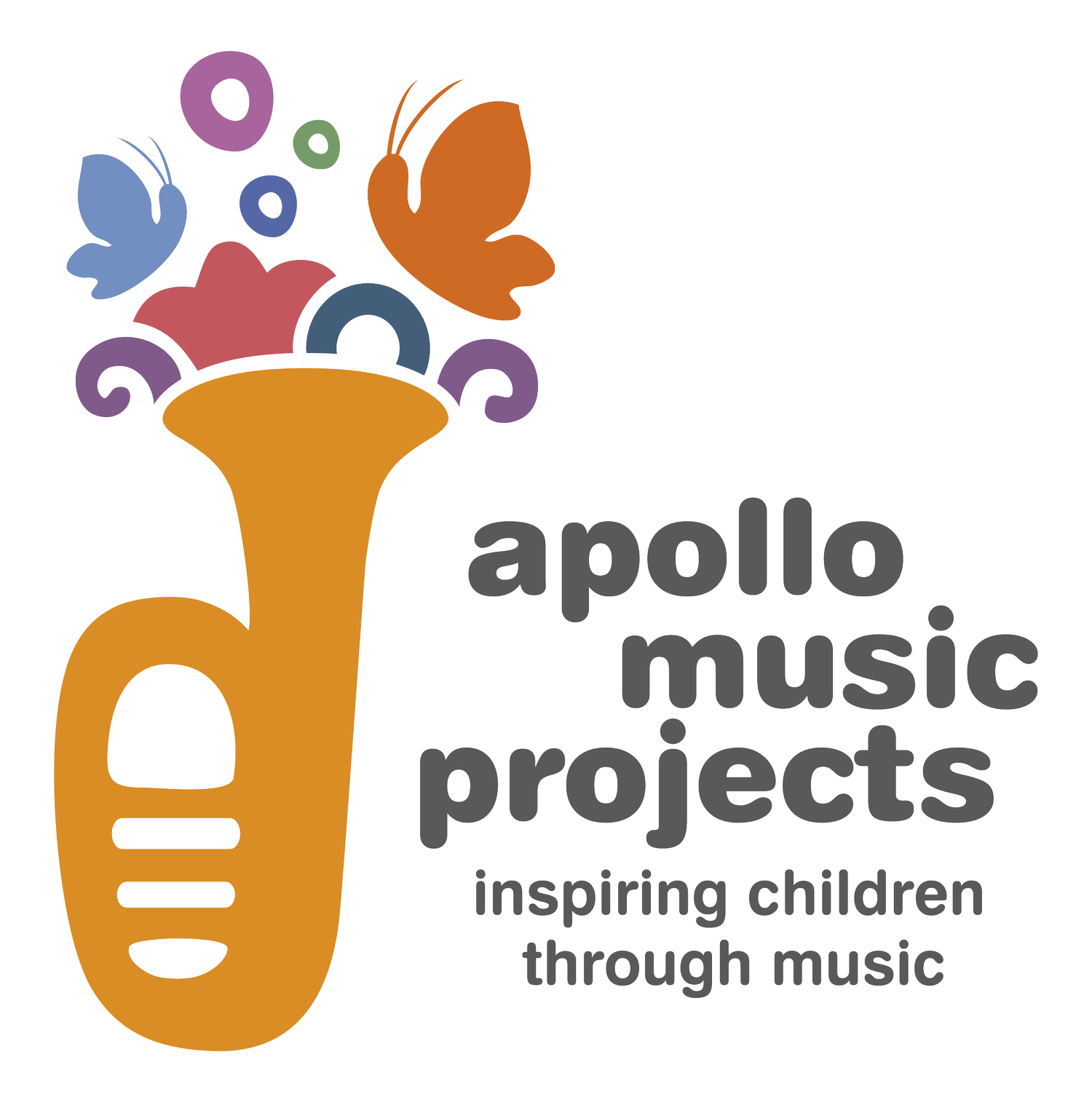National Plan for Music Education - Good or Bad?
Response to the National Music Plan by David Chernaik, Chief Executive & Programme Director, Apollo Music Projects.I was very worried about elements of the National Plan for Music Education when it was announced, and following a recent briefing on the Plan at City Hall I am even more concerned about the Plan, and about the future of music education.The Government has provided an excellent blueprint for increased provision, accompanied by a budget that will result in dramatically reduced provision. In addition there will be a totally unnecessary rebranding exercise under which the excellent Music Services will become Music Education Hubs through a costly and wasteful bidding process led by the Arts Council. This bidding process has an even shorter deadline than the recent application process for the ACE National Portfolio Funding programme, which most people agree was too short, resulting in some baffling decisions. There is a serious risk that poor decisions will be taken, which could have a catastrophic effect on music education provision.There have been some excellent and thoughtful responses to the Plan, showing once again how much expertise there is in this field. The concerns of the people who really know about music education must be taken seriously. There are many details in the otherwise excellent Plan which should be addressed before implementation. Others have pointed up various things that need to be addressed which I won’t repeat, but from our point of view the limiting of funding to the four core elements of the Plan would mean that our work could not be funded by the Hubs, as it lies outside the core areas. We currently have strong partnerships with the Music Services we work with. Why should this be put at risk? What future is there for organisations whose work lies outside the remit of the Hubs? Surely the whole point of the exercise is to strengthen existing partnerships and encourage the development of new partnerships covering the whole range of music education?There are serious questions about the partnership contracts required before any funding is released, and we would be very wary about signing anything unless we were sure it was in our best interest to do so. We would not be well advised to commit to delivering anything with funding so uncertain.The Arts Council have said that they do not expect any competitive bids to be Hub leaders within any individual area, as the Music Services and partners will all be consulting to agree who would be the best Hub leader (probably the Music Service in almost all cases), and nothing would be gained by competing against each other. If the money for each area has been agreed, and there will be no competition, why does there need to be a bidding process? Surely this is a complete waste of time and money?Others have expressed concern about the involvement of the Arts Council, which I share. They do not have direct expertise in music education, and their role in carrying out the bidding process and monitoring the delivery of the Plan will create unnecessary layers of bureaucracy, adding to the workload of already stretched organisations for no apparent gain.Even as the deadline for applications to become Hub leaders approaches, it is unclear how the Hubs will work in practice, what the roles of the partners will be, and how the funding will work. Music Services struggle to provide adequate music education provision at current levels of funding. How will they deliver their services with less funding which presumably will have to be shared between Hub partners?In summary, there are several issues that are so unclear and raise such serious concerns that I think the only sensible course of action is to call a halt to the bidding process immediately, giving the allocated funding directly to Music Services for another year while the answers to these questions are addressed by full consultation with Music Services and music education providers:
- How much would it actually cost to deliver the Plan?
- How can the rest of the funding required to deliver the Plan be raised? How will the government help to do this?
- Are Hubs really the best way forward, given that they appear to have moved so far away from the original idea of pooling resources to form larger groupings, and now seem like an unnecessary direct replacement for Music Services?
- If Hubs are the best way forward, how will they work in practice? It makes no sense to proceed in haste when no one is sure how or whether they will work, and whether they will be better than the existing system.
- Is the Arts Council’s involvement necessary or desirable?
We should all call on the government to admit that the funding available is only around half of what is needed, and challenge business leaders and wealthy individuals to make up the difference.We should also urge the government to reconsider whether the creation of Hubs is the best way forward, or whether it would be better to support Music Services and their project partners directly to enable them to carry on doing what they do best, delivering music education to children.David Chernaik 


